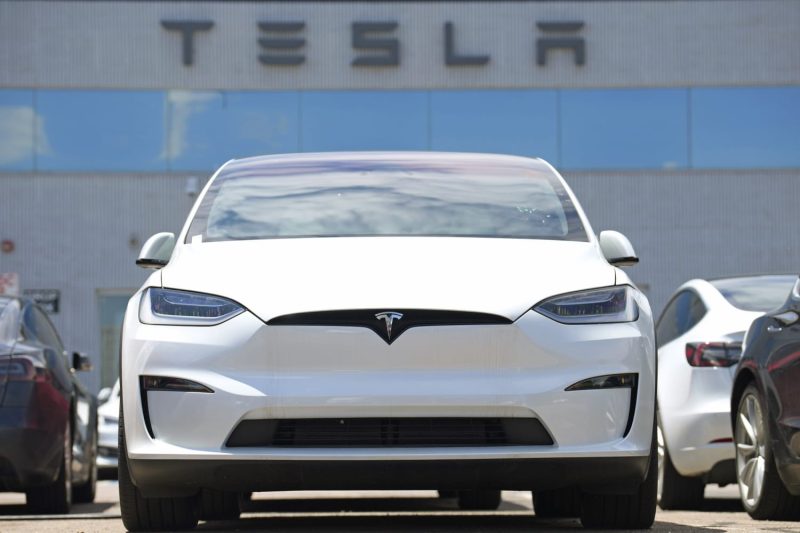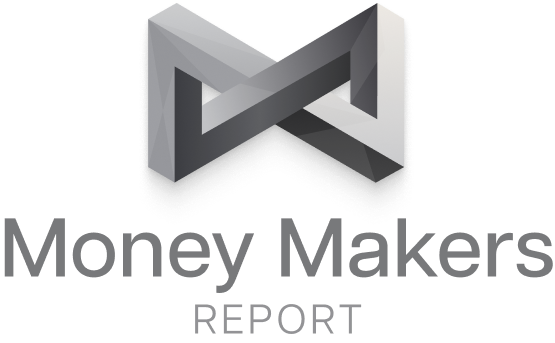
Tesla job cuts heighten Wall Street concerns that EV maker faces a demand problem
Companies often see their stock price jump after announcing job cuts, as Wall Street rallies around the prospects for improved efficiency and profits.
But that’s not how investors treated the latest news out of Tesla. Shares of the electric vehicle maker tumbled almost 6%, falling to their lowest since May of last year, after CEO Elon Musk told employees the company is eliminating more than 10% of its global workforce.
“There is nothing I hate more, but it must be done,” Musk wrote in a memo about the layoffs.
Tesla shares have been spiraling since the calendar turned, tumbling 29% in the first quarter, the worst period since late 2022 and the third-steepest drop since the company’s initial public offering in 2010. The stock is 60% below its peak reached in November 2021.
Previous layoffs haven’t drawn such market pessimism. In 2018, when Tesla cut 9% of headcount, shares rose more than 3%. In 2022, the stock plunged 9% on initial reports around layoffs but recovered after Musk made clarifying comments days later.
The Tesla of today finds itself in a different kind of predicament.
Earlier this month, the automaker reported a drop in vehicle deliveries in the first quarter, the first annual decline since 2020 when the Covid pandemic disrupted production. In China, Tesla has faced an onslaught of competition from domestic EV makers, including BYD and the phone maker Xiaomi.
Prior to the layoffs, Tesla had been cutting prices and providing other buyer incentives, leading to likely margin erosion. Last week, the company said it’s slashing the subscription price of its premium driver assistance system, marketed as Full Self-Driving (FSD), by half for customers in the U.S. FSD doesn’t make vehicles autonomous and requires an attentive driver at all times.
According to the most recent available data from Kelley Blue Book, EV prices across the board were lower by 9.7% year over year in March, thanks to “strong incentive packages.” Tesla’s prices hit bottom in January, although their prices were edging higher in March.
Monday’s sell-off wasn’t just about layoffs, as Tesla executives Drew Baglino and Rohan Patel announced they’re leaving the company. Baglino had worked with Tesla since its early years, starting as a firmware and electrical engineer in 2006. Patel joined Tesla in 2016 after working as a senior advisor to former President Barack Obama on climate issues and other matters.
Musk said in the layoffs memo that “it is extremely important to look at every aspect of the company for cost reductions and increased productivity.” However, analysts and investors see a demand problem,
According to FactSet, 18 analysts have lowered their price targets on Tesla shares this month, while none have gotten more bullish.
“Just when you think the news couldn’t get any worse for Tesla, we have EV demand questions that have been popping up over the last few quarters,” Doug Clinton, managing partner at Deepwater Asset Management, said on CNBC’s “Squawk Box” Monday. “We have questions now about whether they’re going to build the low-cost Model 2, price cuts on FSD.”
Tesla began to acknowledge earlier this year that 2024 growth might be “notably lower” compared to the prior year. The company has said it’s between two waves of EV growth but has refrained from issuing guidance for 2024.
Beyond increased competition and the dynamics of the EV industry, there’s also the unpredictability that comes with Musk.
The billionaire has faced scrutiny from multiple regulatory agencies over his dealings at X, formerly Twitter, and shareholders have expressed concerns about whether he’s devoting enough attention to Tesla. Musk serves as CEO of SpaceX, owns X, started artificial intelligence venture xAI and runs brain computer interface company Neuralink and tunneling venture The Boring Co.
Meanwhile, he has repeatedly disparaged undocumented immigrants, ranted against corporate diversity initiatives and reposted false conspiracy theories.
Musk has previously said that he hadn’t missed any “important” meetings at Tesla, and that he wasn’t “totally missing in action.”
Tesla didn’t respond to CNBC’s request for comment.
